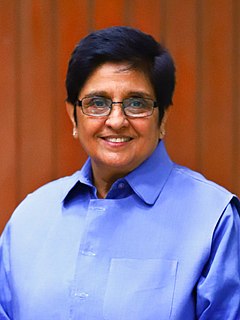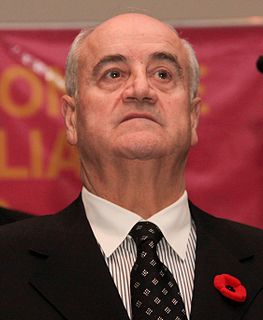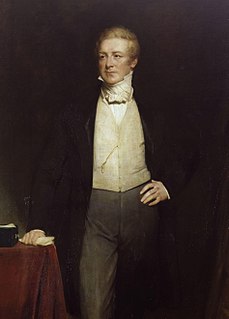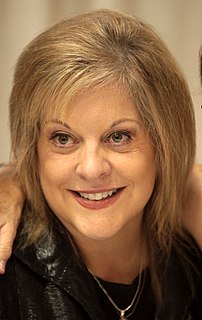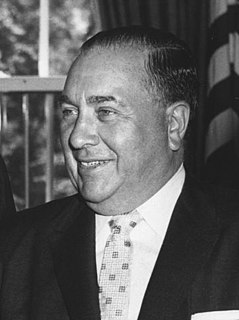A Quote by Kiran Bedi
The Draft Model Police Act of 2006, as part of police reforms, provided for Special Security Zones to be created in the red corridor, which is a common development area. That means bringing together diverse political components but working through a coordinated bureaucracy.
Related Quotes
Implementation of reforms within the Police and Intelligence agencies should certainly improve security and reduce terror attacks. But that will not eliminate the problem. Israel, with the most efficient intelligence, security and police has not been able to eliminate the problem, despite the small size of the country.
Freedoms and apprenticeships are likewise expedients of police,not of that wholesome branch of police, whose object is the maintenance of the public and private security, and which is neither costly nor vexatious; but of that sort of police which bad governments employ to preserve or extend their personal authority at any expense.
What we have to ask is this: what can we morally expect of and allow to people whom we deploy to fulfill this or that social role :police officer, school teacher, physician? This may sometimes lead to difficult social decisions - e.g. should police be permitted to illegally import drugs as part of a sting operation? In the end, I think "common - that is, critical - morality" should determine the limits of the police role.
A system in which legal police shootings of unarmed civilians are a common occurrence is a system that has some serious flaws. In this case, the drawback is a straightforward consequence of America's approach to firearms. A well-armed citizenry required an even-better-armed constabulary. Widespread gun ownership creates a systematic climate of fear on the part of the police. The result is a quantity of police shootings that, regardless of the facts of any particular case, is just staggeringly high. Young black men, in particular, are paying the price for America's gun culture.
I have a former Baltimore City police officer's uniform and his robe and hood. He was the grand dragon, which means state leader. His day job, what paid his bills, he was a Baltimore City police officer, not an undercover officer in the Klan gathering intelligence, but a bona fide Klansmen on the Baltimore City police force.
